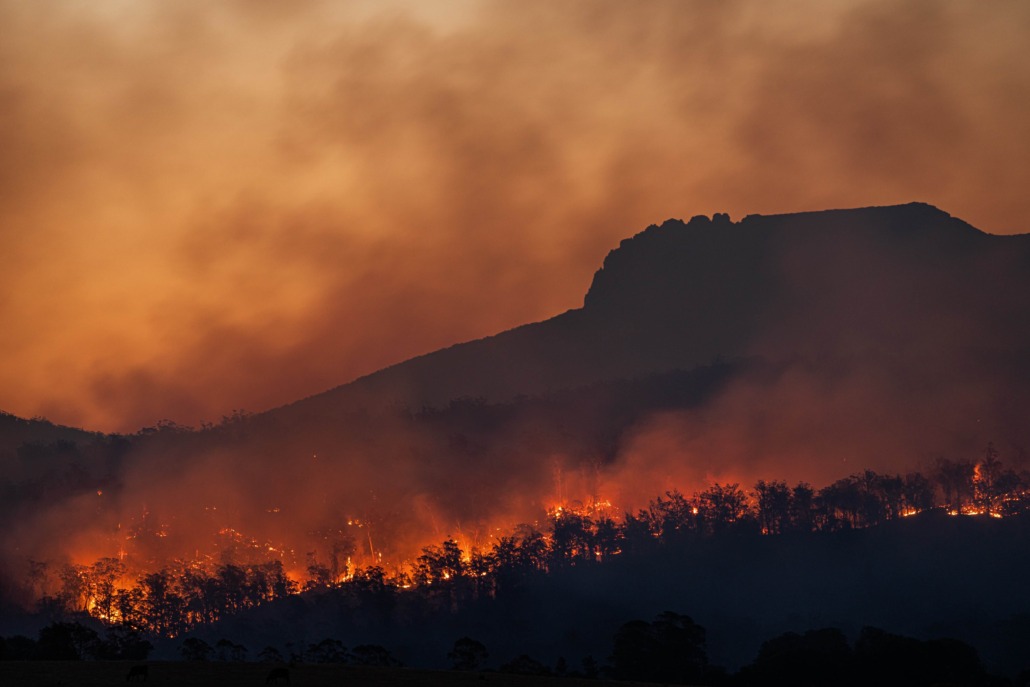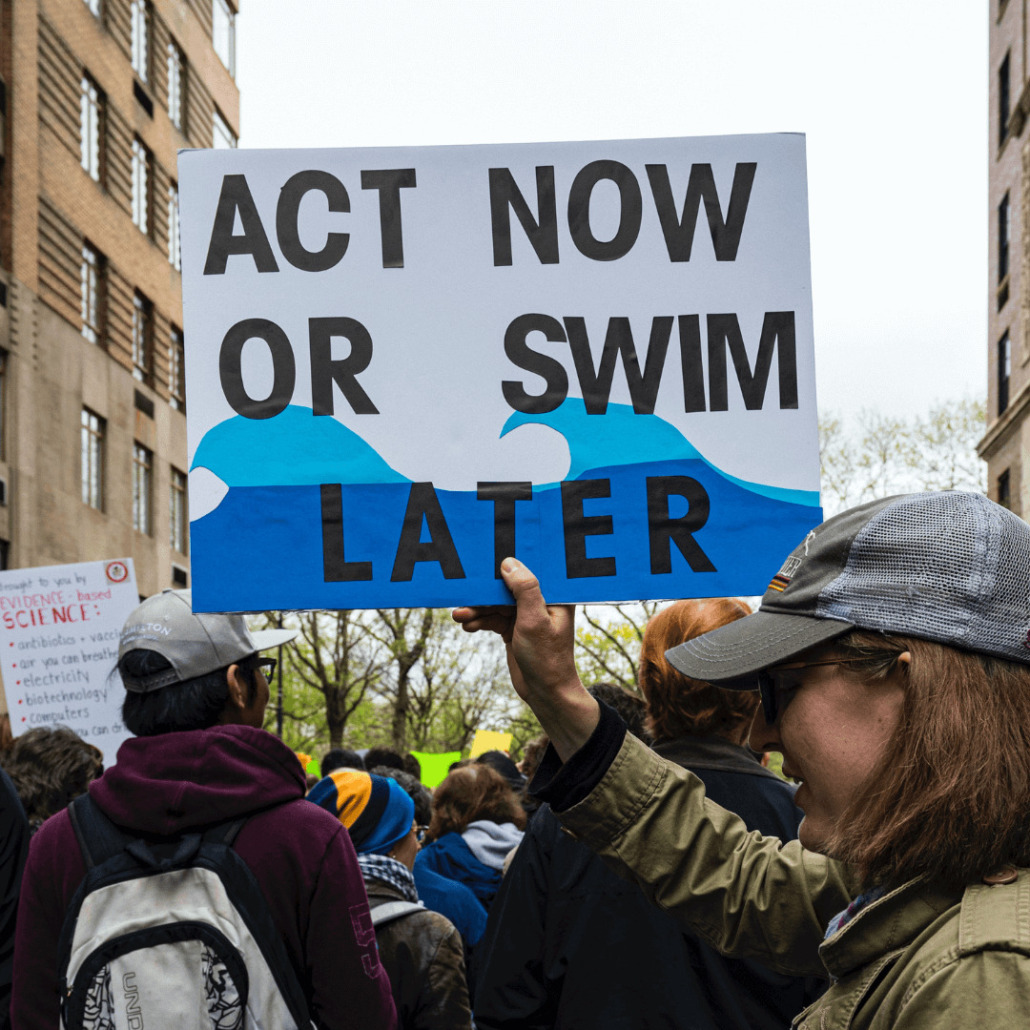In my previous post, I wrote about how we can use our finances to fight climate change. Simultaneously, we need to think about how we protect our finances in uncertain—and unprecedented—times.
While we have time to slow planetary warming, scientists still say that we’re headed towards more frequent and intense destruction of ecosystems. According to the National Oceanic and Atmospheric Administration, the U.S. has sustained 308 extreme weather events since 1980. As these catastrophic events increase in frequency, we are only more likely to feel the impact in a myriad of ways, including financially.
Here are some ways to make your finances more resilient to climate change:
De-Risk Your Investments
More socially responsible (or ESG) investment options nowadays allow you to rule out companies, and even entire sectors of the market, that are more directly tied to climate risk. For example, oil and gas companies are especially positioned to take the brunt of the economic impacts of climate change. The fossil fuel industry is particularly vulnerable to natural disasters, government regulations, and political strife. As the need to shift away from carbon emissions becomes more dire, fossil fuels will become more at risk from waning public sentiment and potential major regulatory changes.
For our clients’ investment portfolios, we use ESG-screened ETFs (exchange-traded funds) that rule out certain sectors, like fossil fuels, firearms, and tobacco. As You Sow is one of our favorite tools for assessing the climate-friendliness of particular investments.

Think About Where You Live
Natural disaster risk will be more obvious in certain parts of the country. Low-lying coastal regions and areas prone to disasters like wildfires, droughts, and hurricanes may experience an increase in frequency of these events. But even parts of the country that have been historically less volatile are now starting to break records. Take, for example, that just this summer, the first-ever “flash flood emergency” was issued for New York City.
Consider these risks in the context of your financial and life goals. If you own or rent in an area that may be subject to natural disasters, how would property damage or the need to relocate affect your overall financial plan? Resources exist to help you understand local risks. For instance, home sellers in California are required to provide a natural hazard disclosure report to potential buyers. FEMA has their own Flood Map Service Center that lets you look up an address to see if it’s in a high-risk zone for flooding.
Consider Your Insurance Coverage
Many home and renters insurance policies won’t cover you for floods, hurricanes, or earthquakes. The National Flood Insurance Program (NFIP) offers flood insurance policies through many major carriers, and some insurance providers offer private flood insurance to supplement NFIP coverage. The cost of flood insurance will depend on the level of flood risk of the area you live in, so it’s good to get a sense of flood risk ahead of time and factor it into housing expenses if you can. It’s also never a bad idea to review your overall coverage anyway to get a sense for what is covered, what is not and if you need to update amounts of coverage at all.
Boost Cash Savings
Regardless of climate risk, having an emergency fund is a key part of any healthy financial plan. Having six months worth of expenses saved as cash in the bank is the general rule of thumb. You don’t touch this cash except for emergencies. Home repair is one of the most frequent reasons to draw from your emergency reserves. Other examples are the cost to relocate entirely, or the loss of a job. Could climate change potentially affect your line of work? Some sectors, like tourism and hospitality could be especially vulnerable to climate-related impacts. Ultimately, decide what will make you feel most protected. Depending on your circumstances, working towards having six to twelve months of expenses saved up might give you some sense of security.
Challenges associated with climate change are already here. If the global pandemic has taught us anything, it’s that the world we live in is interconnected with many interdependent systems. Even if we live far away from the wildfires, floods and earthquakes, we may still feel their impacts indirectly. Changes to housing costs, prices of basic goods, and job uncertainty are all ripple effects of major disasters. While nobody can predict the future, we can take the time now to prepare better for uncertainty by making our finances more resilient to future climate challenges.

Brandon Tacconelli is the Director of Client Care at Thinking Big Financial, Inc. Thinking Big is a fee-only financial planning firm in New York City specializing in working with the LGBTQ+ Community.

